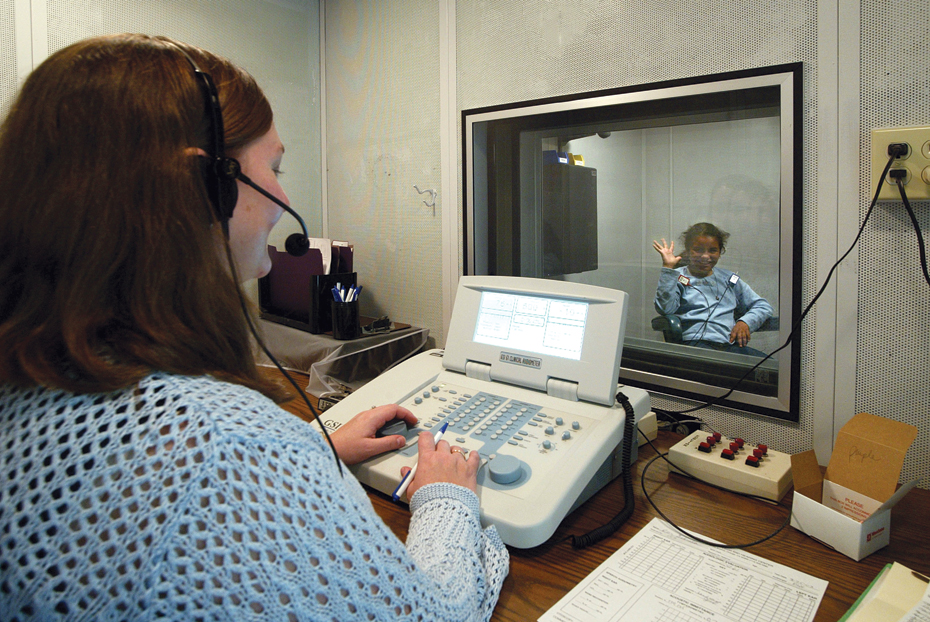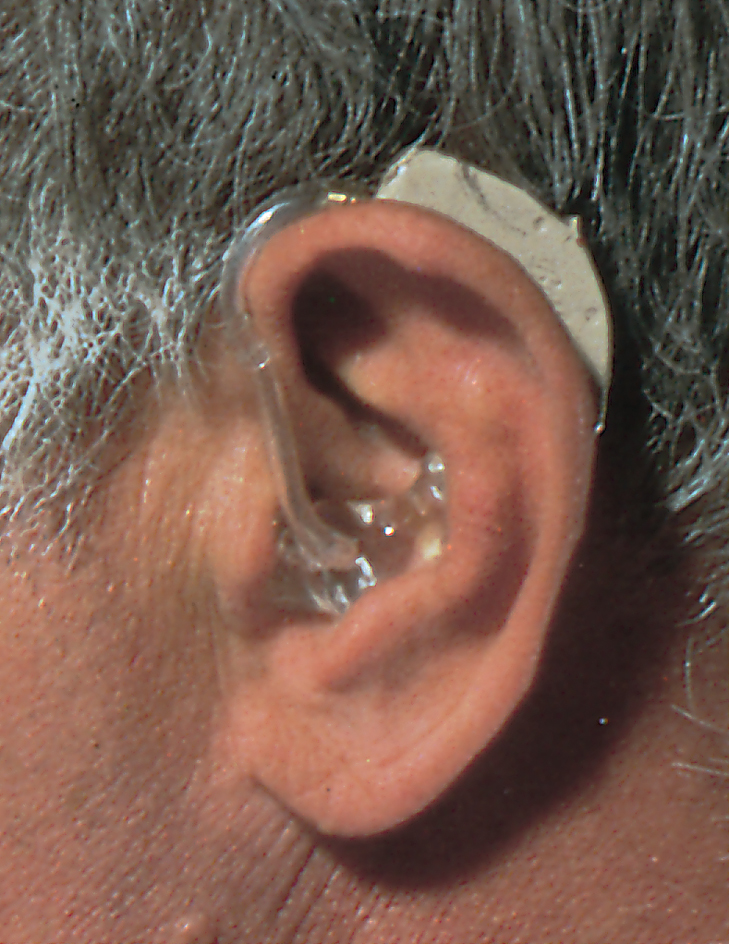Audiology, << `aw` dee AHL uh jee, >> is the profession of providing nonmedical assistance to people with hearing loss or with balance problems related to the ear. Professionals called audiologists are trained to diagnose such problems. Audiologists can also help patients manage these conditions to reduce their effect on communication and function. If hearing loss or balance problems result from medical conditions or require surgery, audiologists can refer patients to physicians.

Audiologists use behavioral and electrophysiological tests to determine a person’s ability to hear. Behavioral tests measure how the person responds to a variety of sounds and vibrations. Electrophysiological tests measure the electrical activity of a person’s nervous system in response to sound. Hearing tests can also help diagnose problems in the inner ear that cause balance disorders.
Audiologists determine if a hearing aid or other assistive listening devices could help a patient hear in everyday situations. In some cases, audiologists make use of counseling, support groups, and lip reading programs to help patients deal with hearing problems.

Practicing audiology often requires a special license. In the United States, for example, a person must be licensed by the state in which he or she is practicing. Audiologists typically hold a Doctor of Audiology (Au.D.) degree. College requirements for a degree in audiology include courses in hearing, speech, and language. Audiologists work in such settings as hospitals, medical clinics, private offices, community speech and hearing centers, and schools.
